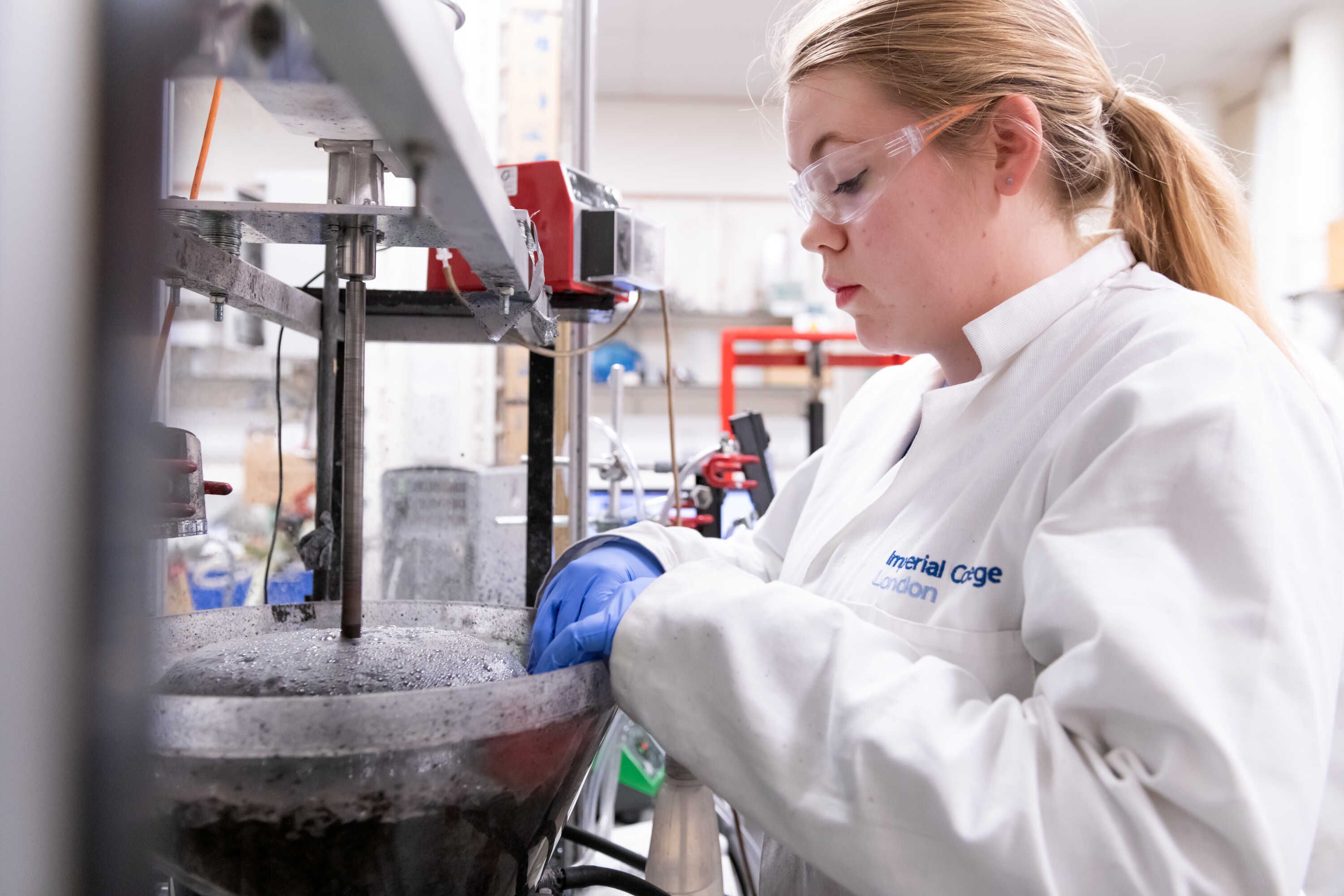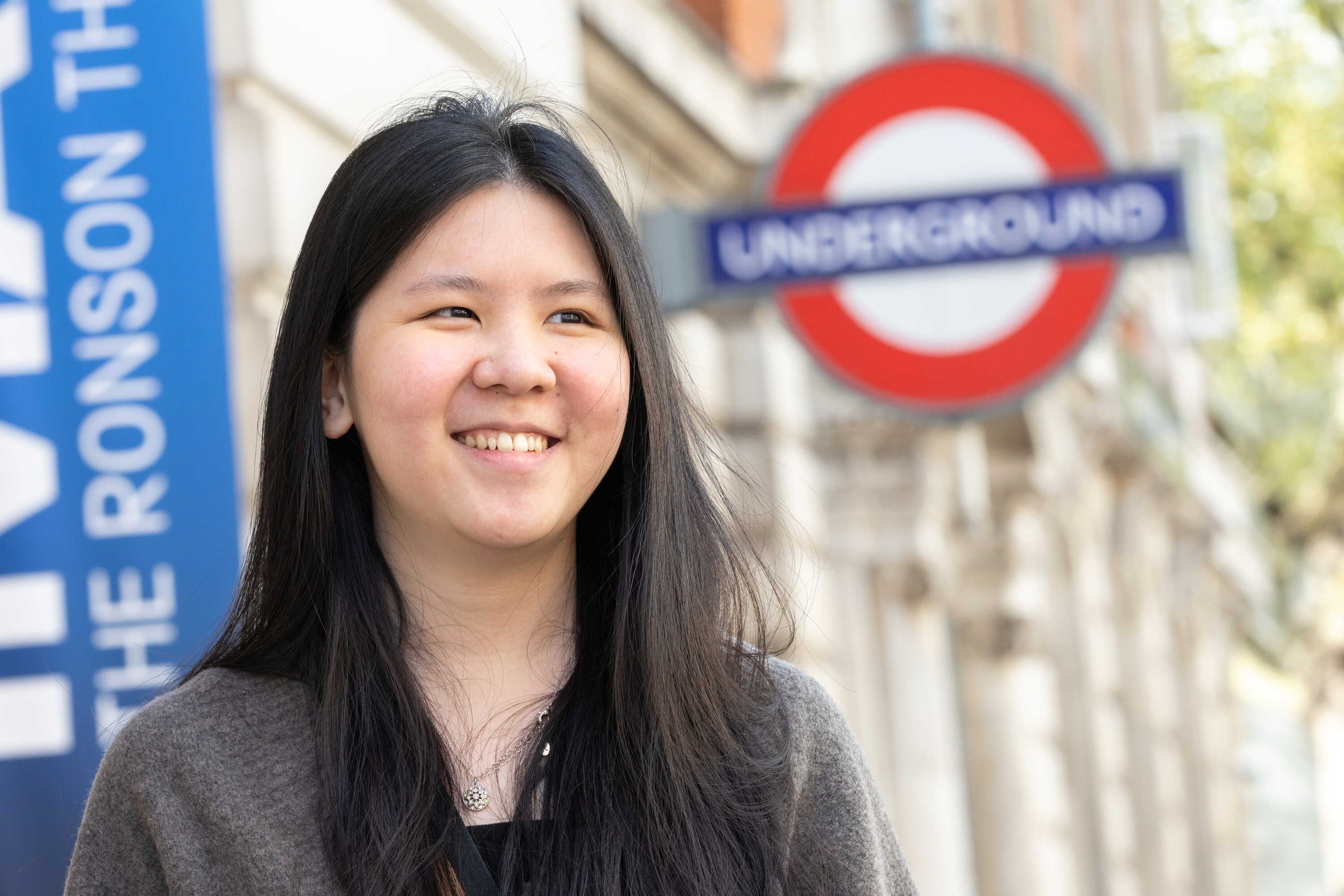
Earth Science and Engineering
We offer PhDs in impactful and exciting research in a wide range of topics including planetary science, environmental science, solid earth science, climate science, subsurface geoscience and engineering, alternative energy systems, mineral extraction and computational science and engineering.
Course key facts
Qualification
PhD
Duration
3-4 years, 6-8 years
Study mode
Full-time, Part-time
-
Fees
£7,030 Home
£28,600 Overseas
Delivered by
Location
-
South Kensington
-
Academic requirements
Master’s degree or a 4-year undergraduate degree or equivalent experience at 2:1 level (or above) in a relevant subject.
Course overview
Many of the challenges currently facing the world require the expertise of Earth Scientists and Engineers. We are one of the few departments in the world that combine science and engineering to study the Earth system and other planets.
Our research, both pure and applied, covers a broad range of subjects, from studying past climate in Antarctica to developing innovative means of capturing and storing carbon from our atmosphere, modelling environmental pollution and hazards, characterising the myriad flows of our oceans, and revealing the history of life on both our own planet and others.
We collaborate with industry partners from the mineral and energy sectors, and participate in cross-disciplinary and cross-departmental Research Centres such as The Grantham Institute, the Energy Futures Lab, the Sustainable Gas Institute, and the Data Science Institute.
During a PhD in our department, you will become part of our world-leading, multi-disciplinary and diverse research community. You will be trained in the development and application of the latest techniques in our world-class laboratories, state-of-the art computational techniques and/or through the collection and advanced analyses of cutting-edge data.
During your PhD, you will learn to become an independent researcher, while generating new impactful scientific insights. Professional development training opportunities will help you to become an effective team member and collaborator, hone your oral and written presentation techniques, and participate in outreach and teaching.
Structure
All PhD studies will involve the usual three college milestones at the end of Year 1, Year 2 and Year 3 to give you a chance to discuss and get feedback on your progress.
Examples of the wide range of projects that are offered can be found on our departmental website. Further projects may be available in discussion with individual supervisors. Please contact your potential supervisor before applying.
Typically you will spend your first year getting familiar with your project topics and the research techniques and data to use.
Entry requirements
Footnotes
Usual entry requirements are a MSc or MSci or equivalent degree or experience in a relevant field at 2-1/Merit level or above.
Please check the Imperial College entry requirements Entry requirements to ensure you meet the minimum entry criteria for research.
Supervisors
Please check our PhD project topic website for potential supervisors.
Any permanent academic staff or research fellow in our department can, in principle, act as PhD supervisor.
How to apply
Apply online
Apply any time of year. For scholarships, please check the deadlines of the corresponding scheme.
Before making any formal application, please get in touch with a potential supervisor and ensure that they can offer you a project that matches your background and interests and that they would be available and willing to supervise you.
Check out potential funding opportunities, which may include departmental or college scholarships, an advertised project with funding, or scholarships that you can apply for yourself, e.g. in your home country. Different funding opportunities will come with different eligibility criteria and deadlines. Make sure you apply well before any deadline as processing an application can take several weeks. Some of the funding opportunities and deadlines are listed on our departmental pages and updated when new information is available. Note that these tend to be highly competitive so it is worthwhile to check if other scholarship opportunities from elsewhere may be available to you as well.
Apply on the college system if you have found a supervisor and possible funding opportunities. Your application will be checked by the admissions team, forwarded to the department and then forwarded to your listed supervisor. We are not able to process applications without an identified supervisor.
Find out more about how to apply for a research degree, including references and research proposal.
Some scholarships have specific deadlines. A list of deadlines for the academic year is posted as soon as deadlines are known (usually October/November).
Apply online through Imperial Gateway .
General information relating to applying to Postgraduate Taught and Postgraduate Research programmes can be found on our Postgraduate Doctoral pages.
Fees and funding
Funding opportunities are diverse and vary per year. Please check for funding opportunities through the college or department pages, as well as through organisations in your own country that may support PhD study.
We also have a range of grants and scholarships which you don't need to pay back.
For further information about possible sources of funding please visit our Scholarships page.
Scholarships
Further links
Success Guide
The Success Guide for postgraduate students offers you advice and resources to excel at Imperial College London.

Support for International Students
We provide specialist immigration advice and run a programme of webinars, trips and events to foster integration, friendship and community.

Centre for Academic English
Throughout your degree, you can take advantage of a range of CfAE courses and resources designed to help you communicate your STEMM research effectively.

Library services
Your subject librarian can help you find books and access online resources

Terms and conditions
There are some important pieces of information you should be aware of when applying to Imperial. These include key information about your tuition fees, funding, visas, accommodation and more.